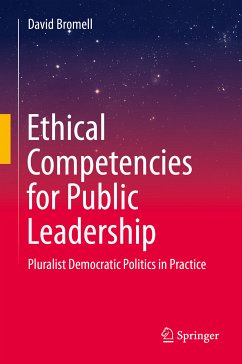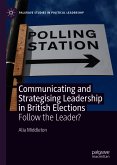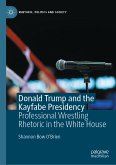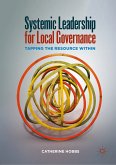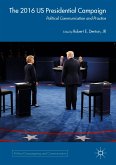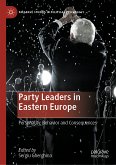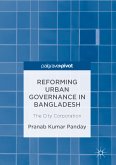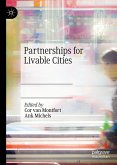Written by a public policy advisor for fellow practitioners in politics and public life, this book applies political theory and social ethics to identify a set of competencies-being civil, diplomatic, respectful, impartial, fair and prudent-to keep ethics at the centre of a pluralist democratic politics. The six competencies are described in behavioural terms as personal resolutions. They offer valuable tools for mentoring and professional development.
This book will appeal to politicians and those who advise them, and anyone who engages in or aspires to public leadership, whether in the public sector, the private sector, the community and voluntary sector or academia.
Dieser Download kann aus rechtlichen Gründen nur mit Rechnungsadresse in A, B, BG, CY, CZ, D, DK, EW, E, FIN, F, GR, HR, H, IRL, I, LT, L, LR, M, NL, PL, P, R, S, SLO, SK ausgeliefert werden.

